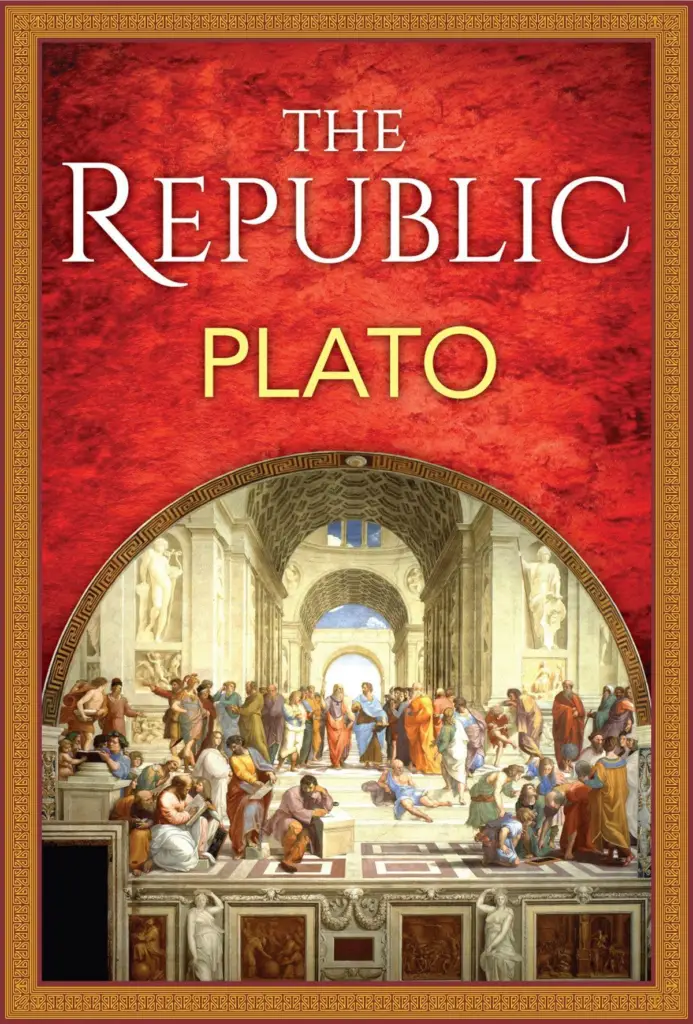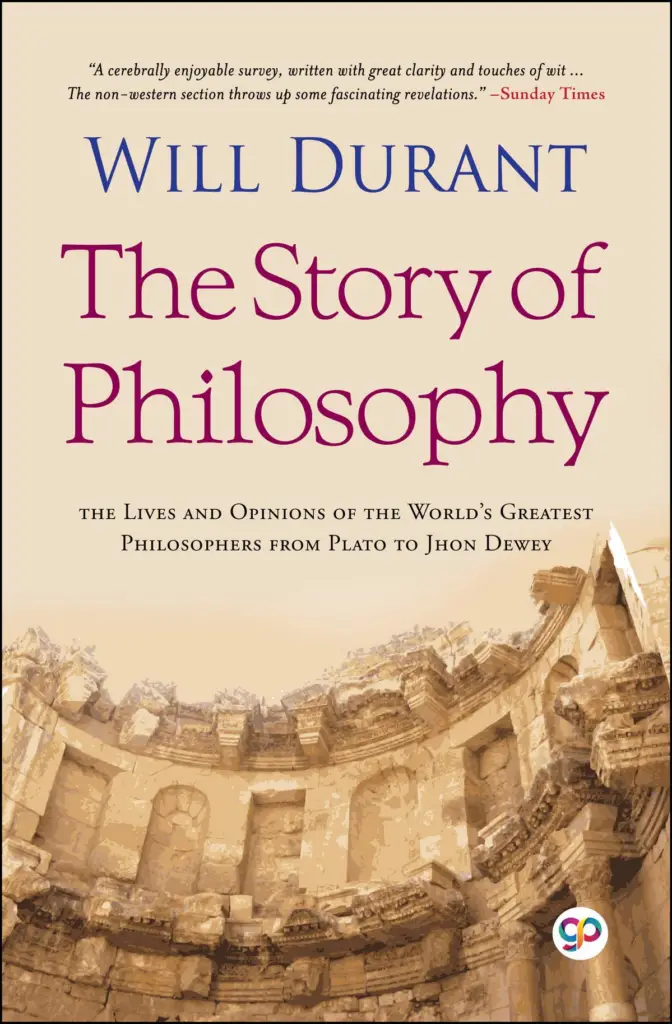
Table of Contents
Are you curious about life’s big questions? Philosophy has guided human thought for centuries, offering profound insights into happiness, justice, ethics, and the nature of existence. If you’re a beginner wondering where to start, these carefully selected philosophy books are accessible, engaging, and transformative. Let’s dive into the best philosophy books for beginners to ignite your intellectual journey.
1. Meditations by Marcus Aurelius
Discover the inner thoughts of one of Rome’s greatest emperors. This Stoic classic provides timeless advice on resilience, self-discipline, and inner peace. Meditations remains a guide for navigating life’s challenges and developing a strong moral compass.
Why Read It?
- Learn the principles of Stoicism.
- Gain practical insights into mental toughness and balance.

2. The Republic by Plato

Plato’s dialogues, led by Socrates, explore justice, politics, and the ideal society. This foundational text introduces readers to Western philosophy’s core ideas.
Why Read It?
- Understand concepts of justice and governance.
- Delve into thought-provoking discussions that shape modern thought.
3. The Consolations of Philosophy by Alain de Botton
This modern philosophical guide connects timeless ideas from thinkers like Socrates and Nietzsche to everyday struggles. Alain de Botton makes philosophy practical and relatable.
Why Read It?
Enjoy a conversational and engaging writing style.
Discover how philosophy can help solve personal problems.

4. Sophie’s World by Jostein Gaarder

This novel brilliantly doubles as a history of philosophy. Follow a young girl’s journey as she learns about great philosophers and their ideas.
Why Read It?
- A fun and educational introduction to centuries of philosophical thought.
- Simplifies complex ideas through storytelling.
5. Letters from a Stoic by Seneca
Seneca’s letters provide practical advice on overcoming challenges, managing emotions, and living with purpose.
Why Read It?
- Learn actionable wisdom from one of the great Stoic philosophers.
- Find timeless advice for modern challenges.

6. The Story of Philosophy by Will Durant

Will Durant presents a comprehensive yet approachable overview of Western philosophy’s greatest minds.
Why Read It?
- Clear explanations without academic jargon.
- Gain insight into the lives and ideas of philosophers like Nietzsche and Socrates.
7. The Art of Happiness by Epicurus

Epicurus focuses on finding happiness through simplicity and meaningful relationships.
Why Read It?
- A beginner-friendly approach to ethical living.
- Learn how to cultivate happiness through moderation.
8. A Guide for the Perplexed by E.F. Schumacher
Schumacher explores science, ethics, and spirituality, providing a framework for understanding life’s complexities.
Why Read It?
- Thought-provoking insights into balancing modern life with philosophical ideas.
- Practical guidance for navigating moral and ethical dilemmas.

9. The Tao of Pooh by Benjamin Hoff
Using Winnie-the-Pooh characters, Hoff introduces Taoism in a fun and relatable way.
Why Read It?
- Learn how simplicity and harmony can lead to peace.
- A lighthearted yet meaningful introduction to Taoist philosophy.

10. Philosophy for Beginners by Richard Osborne
This illustrated guide presents key philosophical ideas in a visually engaging format.
Why Read It?
- Covers ancient Greece to modern philosophy.
- Easy-to-read and perfect for visual learners.

Choose Your Starting Point
These top 10 philosophy books for beginners are excellent gateways into the world of philosophical thought. Whether you’re drawn to Stoicism, ancient Greek philosophy, or modern interpretations, there’s a book here to start your intellectual journey.
Ready to begin? Let us know which book you’re picking first in the comments!
FAQs
1. What is the best philosophy book for a complete beginner?
Meditations by Marcus Aurelius and The Consolations of Philosophy by Alain de Botton are great starting points due to their relatable and practical advice.
2. Why is philosophy important for beginners?
Philosophy teaches critical thinking, ethical reasoning, and helps individuals navigate life’s complexities.
3. Can I understand these books without prior knowledge of philosophy?
Absolutely! These books have been chosen for their accessible language and beginner-friendly content.
4. How does philosophy benefit daily life?
Philosophy helps improve decision-making, find purpose, and cultivate resilience.






